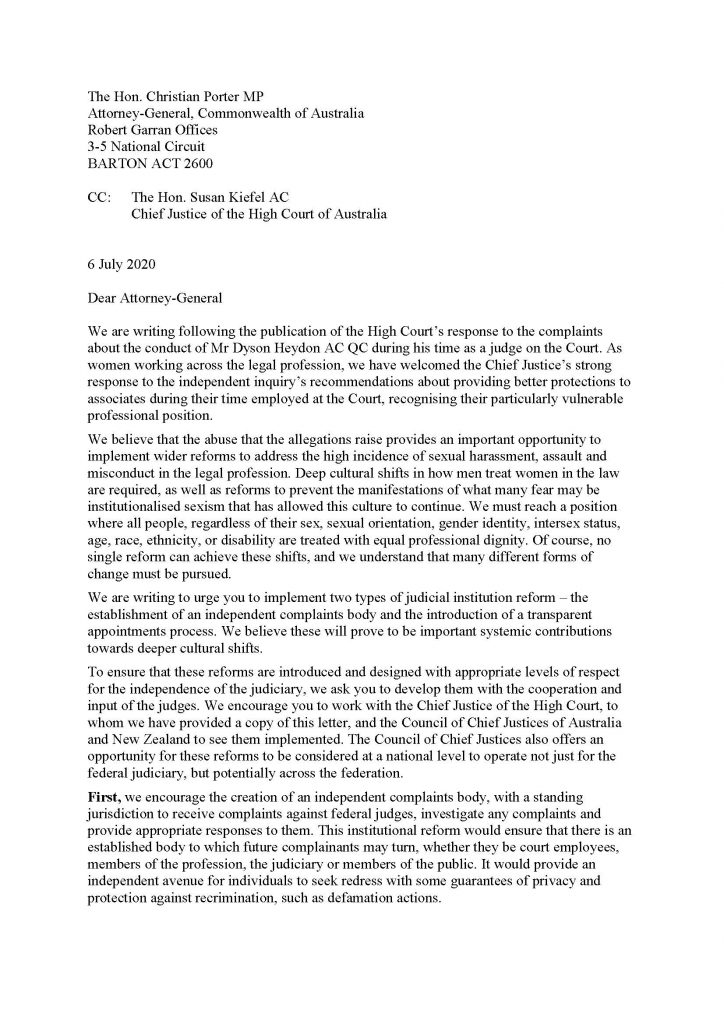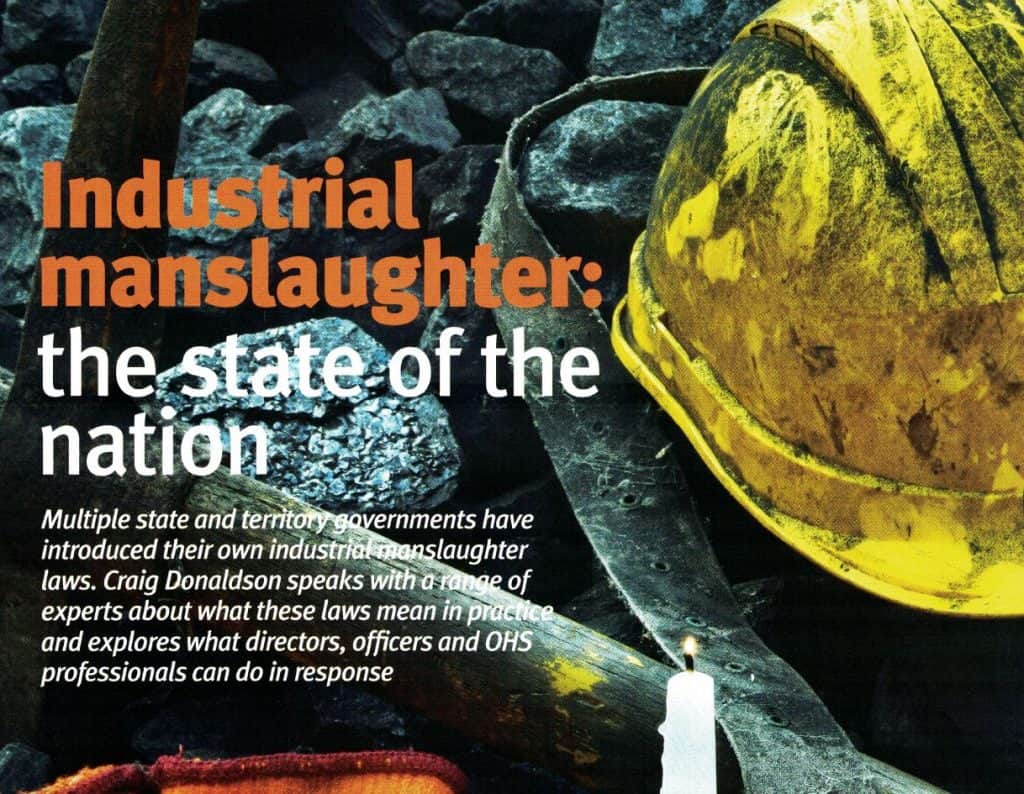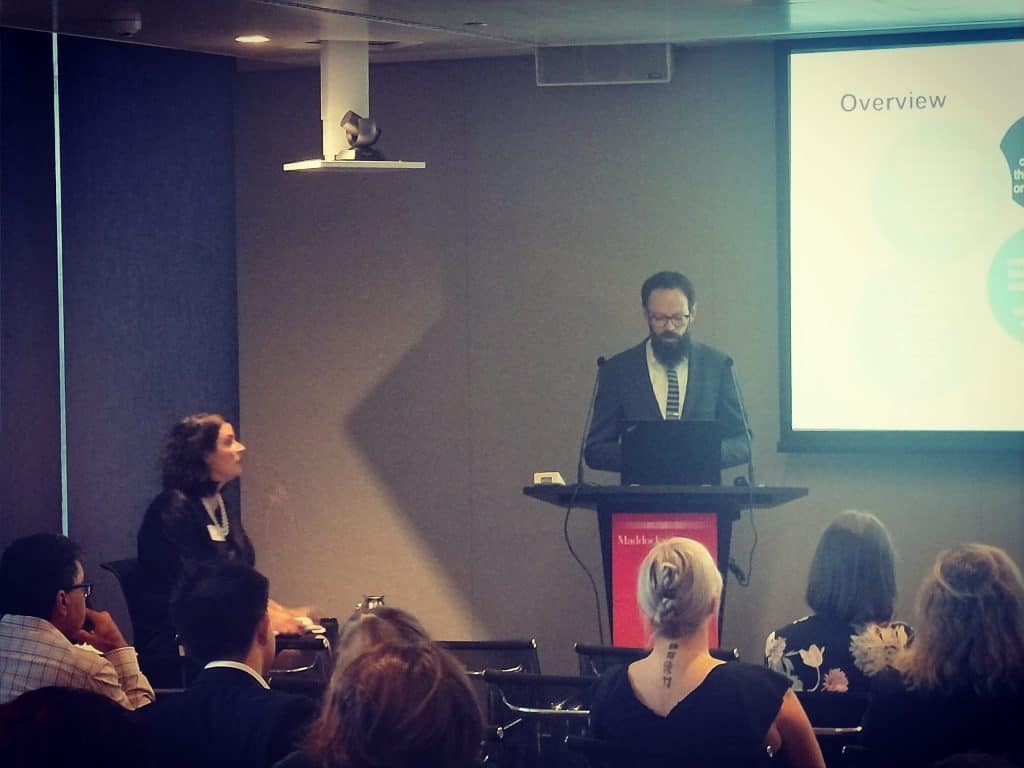
Discussion on the sexual harassment allegations against former High Court judge Dyson Heydon continue even though some Australian States’ media have returned to COVID19 clusters and football. On July 6, 2020, five hundred women in the legal profession published an open letter calling for
“… wider reforms to address the high incidence of sexual harassment, assault and misconduct in the legal profession”
The signatories call for an independent complaints body for the Australian judiciary and changes to the appointment of judges. What is missing is Prevention.






